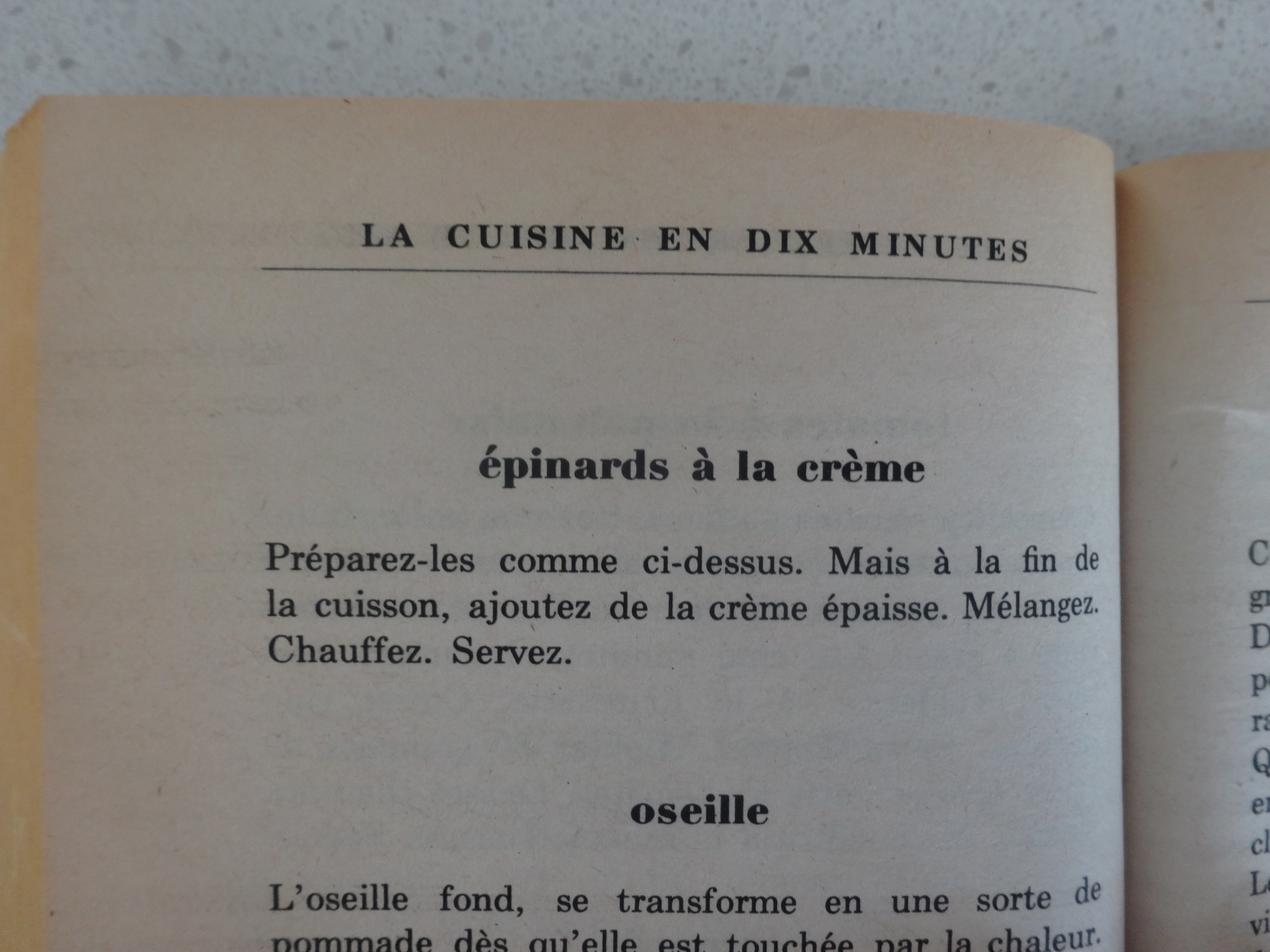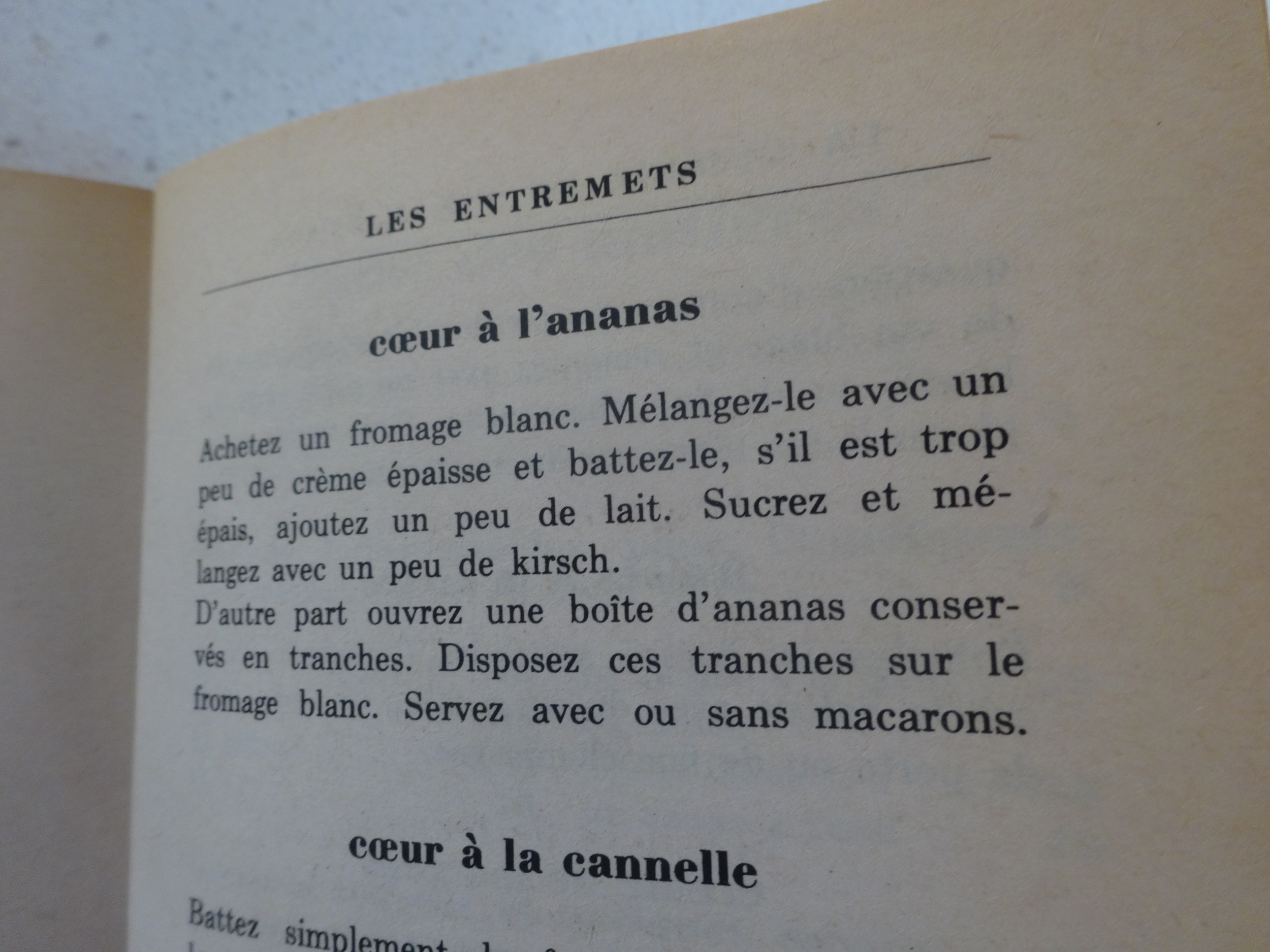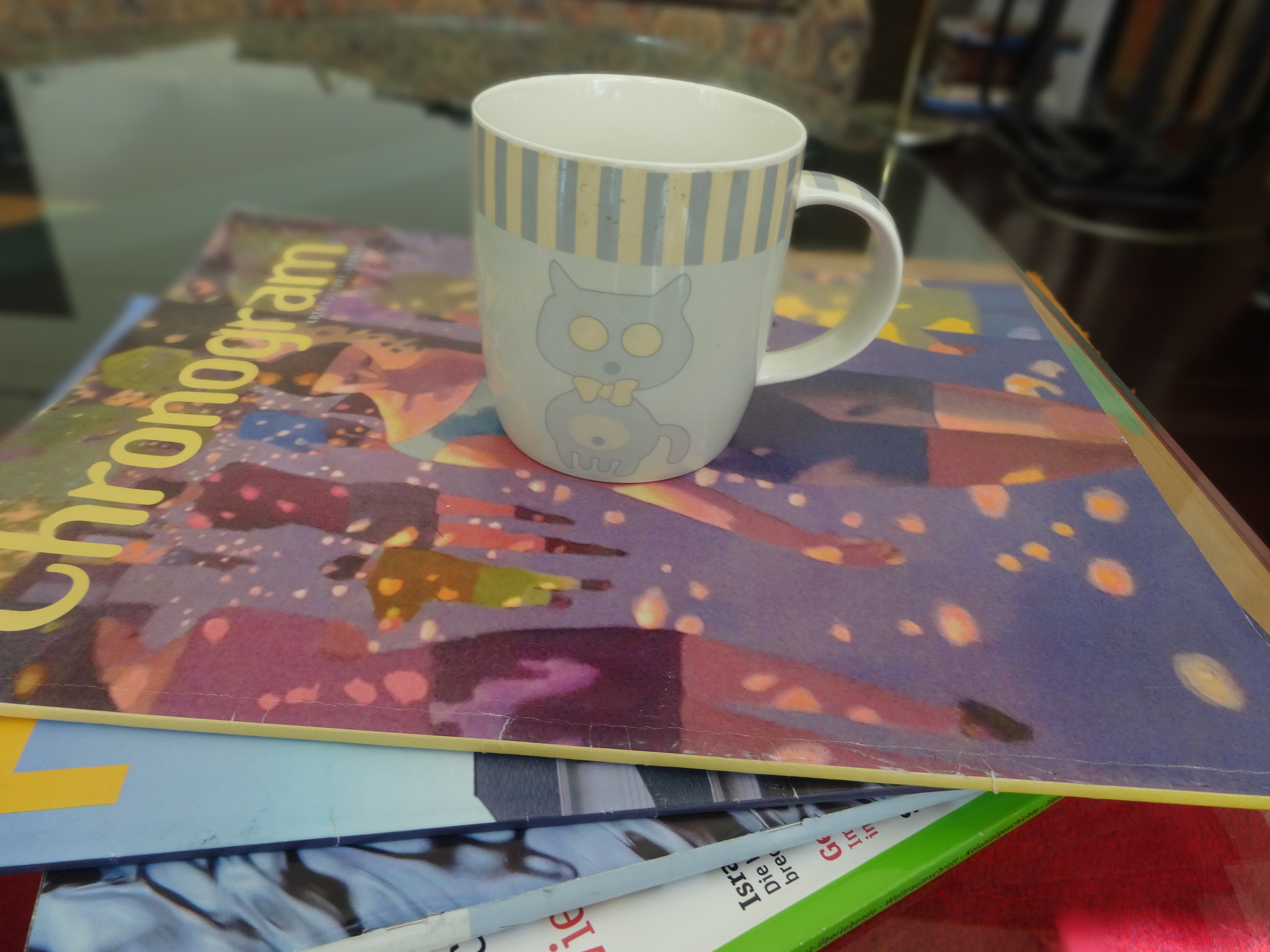 Our family climate marched this past Sunday 9/21 - yes, it's a verb now. And I think we must do this every year from now on until We The People get the message to our politicians to act now, not later, because later is too late. Together with 300,000 to 400,000 fellow protesters in NYC, and tens of thousands more in all corners of the world from Paris to Melbourne, from Berlin to London and Rio, we participated in what MIT researcher Jesse Jenkins calls "one of America's largest mass protests," and Amy Davidson from the New Yorker "the largest climate change protest in history."
Our family climate marched this past Sunday 9/21 - yes, it's a verb now. And I think we must do this every year from now on until We The People get the message to our politicians to act now, not later, because later is too late. Together with 300,000 to 400,000 fellow protesters in NYC, and tens of thousands more in all corners of the world from Paris to Melbourne, from Berlin to London and Rio, we participated in what MIT researcher Jesse Jenkins calls "one of America's largest mass protests," and Amy Davidson from the New Yorker "the largest climate change protest in history."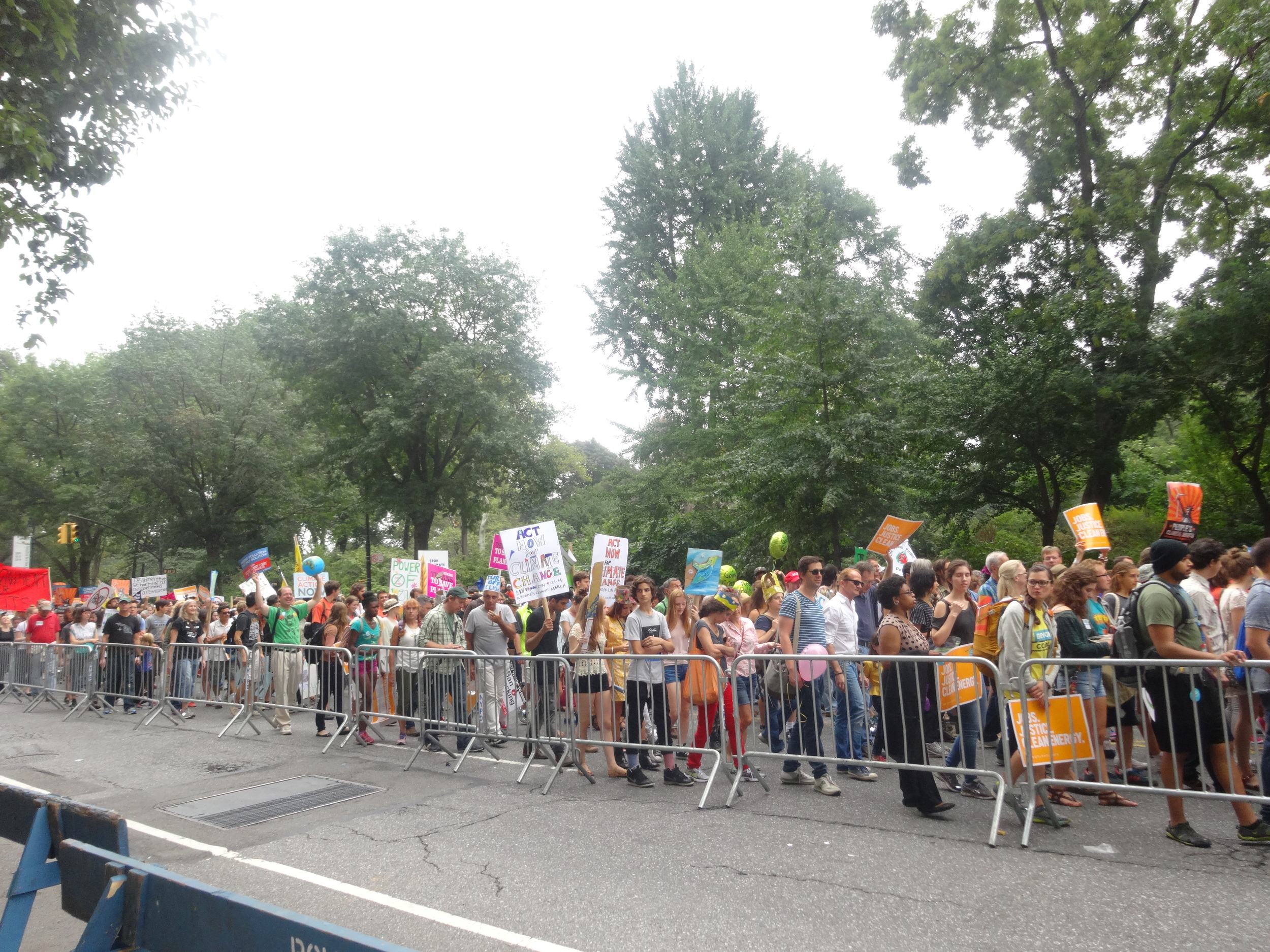
It was powerful and emotional to experience so much synergy and togetherness on the single most important issue of our times, climate change, which, if we are successful in shifting, will propel us beyond the singularly profit oriented oil age into a more cocreative and aware age of earth stewardship.
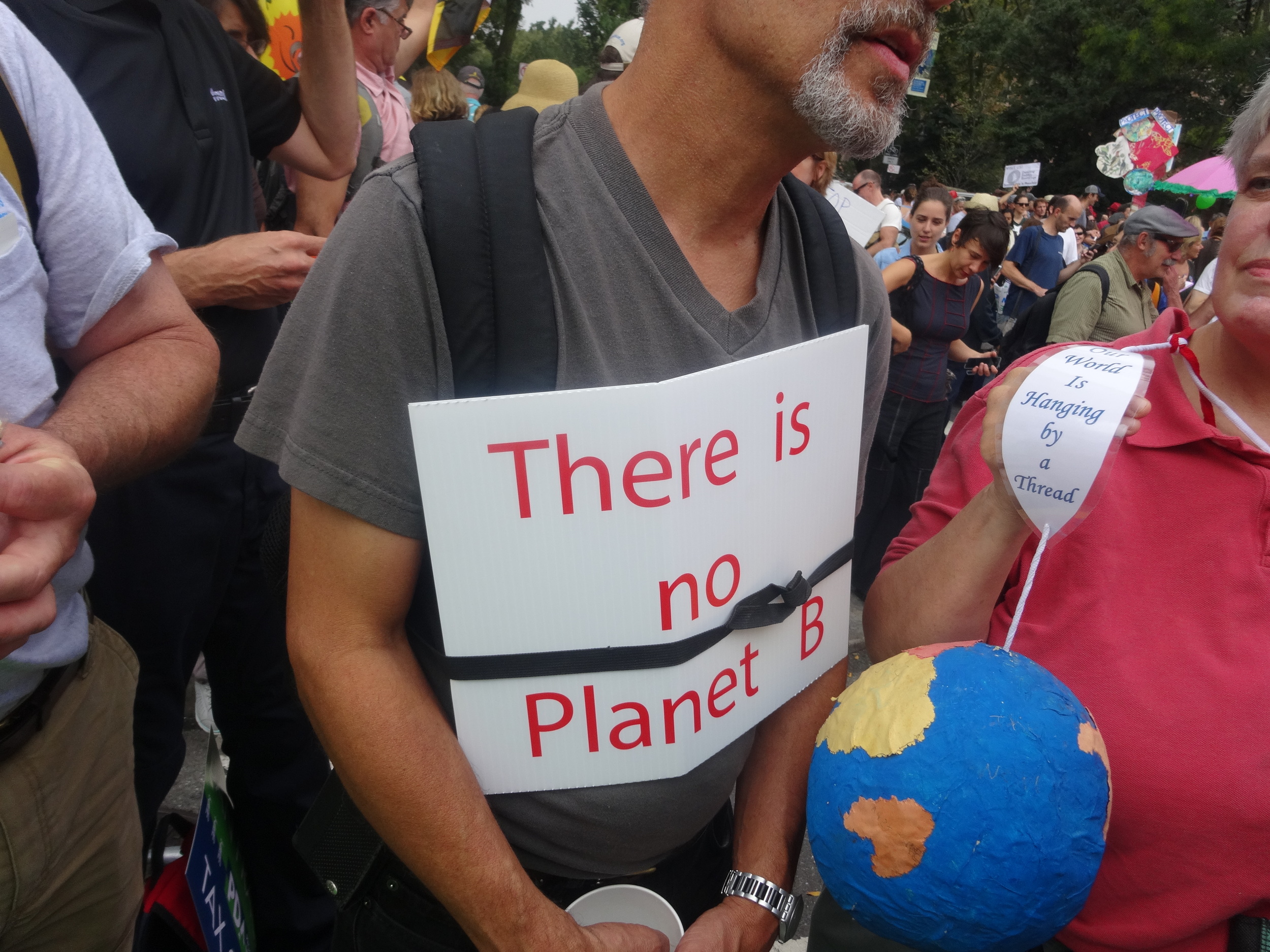 From the perspective of our evolving human consciousness this is the first time in history that we are awakening to the incredible realization, empowering but also sobering, that we can actually change and steer our existence, that our consciousness and drive are what creates everything around us. We don't all have to become activists. But we all can do our bit to help this momentous evolutionary process along, whether by buying more organics, insulating your house, getting a more fuel efficient car, eating less meat and only the sustainably raised kind, buying less stuff and recycling more, voting environmentally aware politicians into office, and on and on.
From the perspective of our evolving human consciousness this is the first time in history that we are awakening to the incredible realization, empowering but also sobering, that we can actually change and steer our existence, that our consciousness and drive are what creates everything around us. We don't all have to become activists. But we all can do our bit to help this momentous evolutionary process along, whether by buying more organics, insulating your house, getting a more fuel efficient car, eating less meat and only the sustainably raised kind, buying less stuff and recycling more, voting environmentally aware politicians into office, and on and on.
I'd love to hear what you are doing to help since, as one of the signs said, "There is no Planet B."


